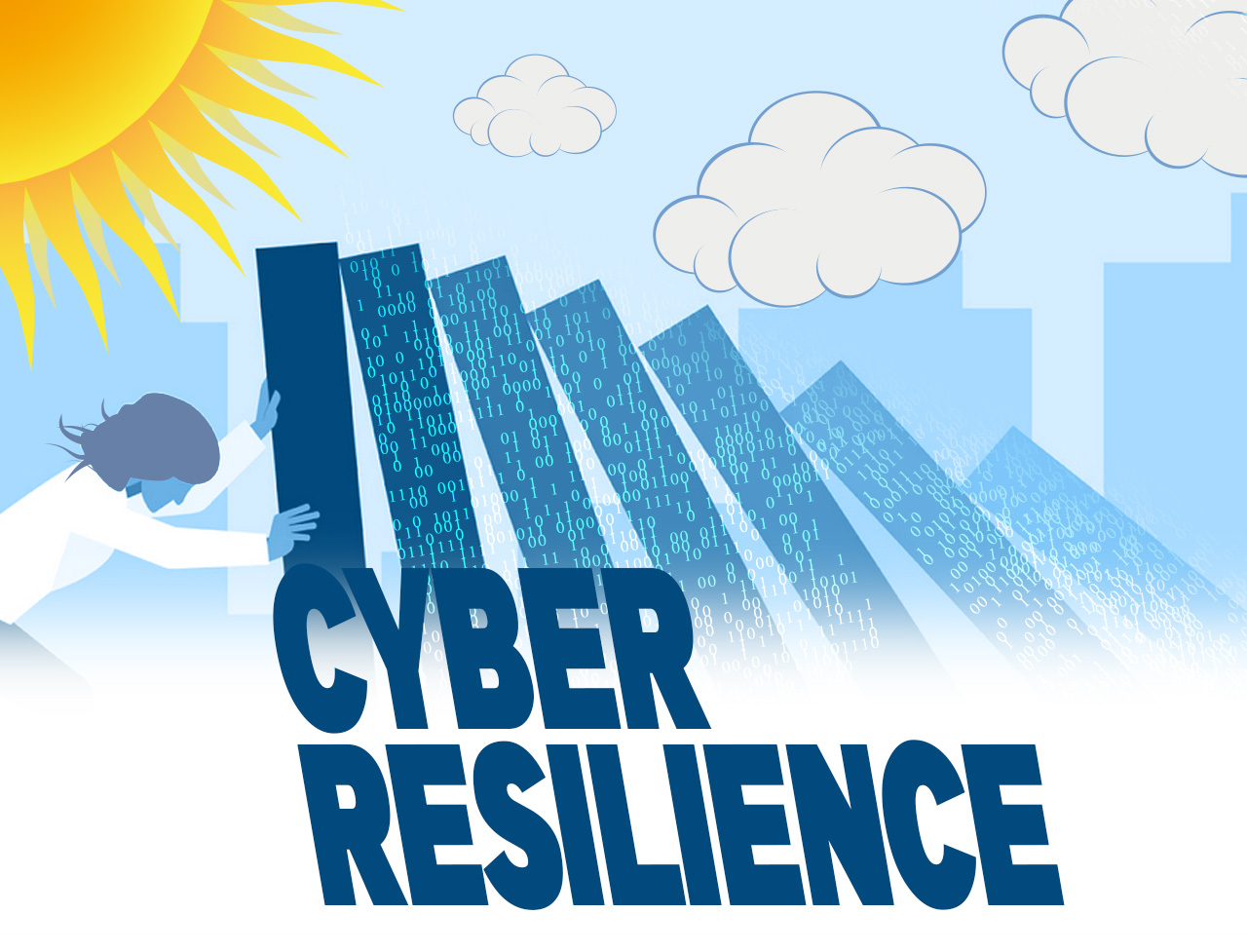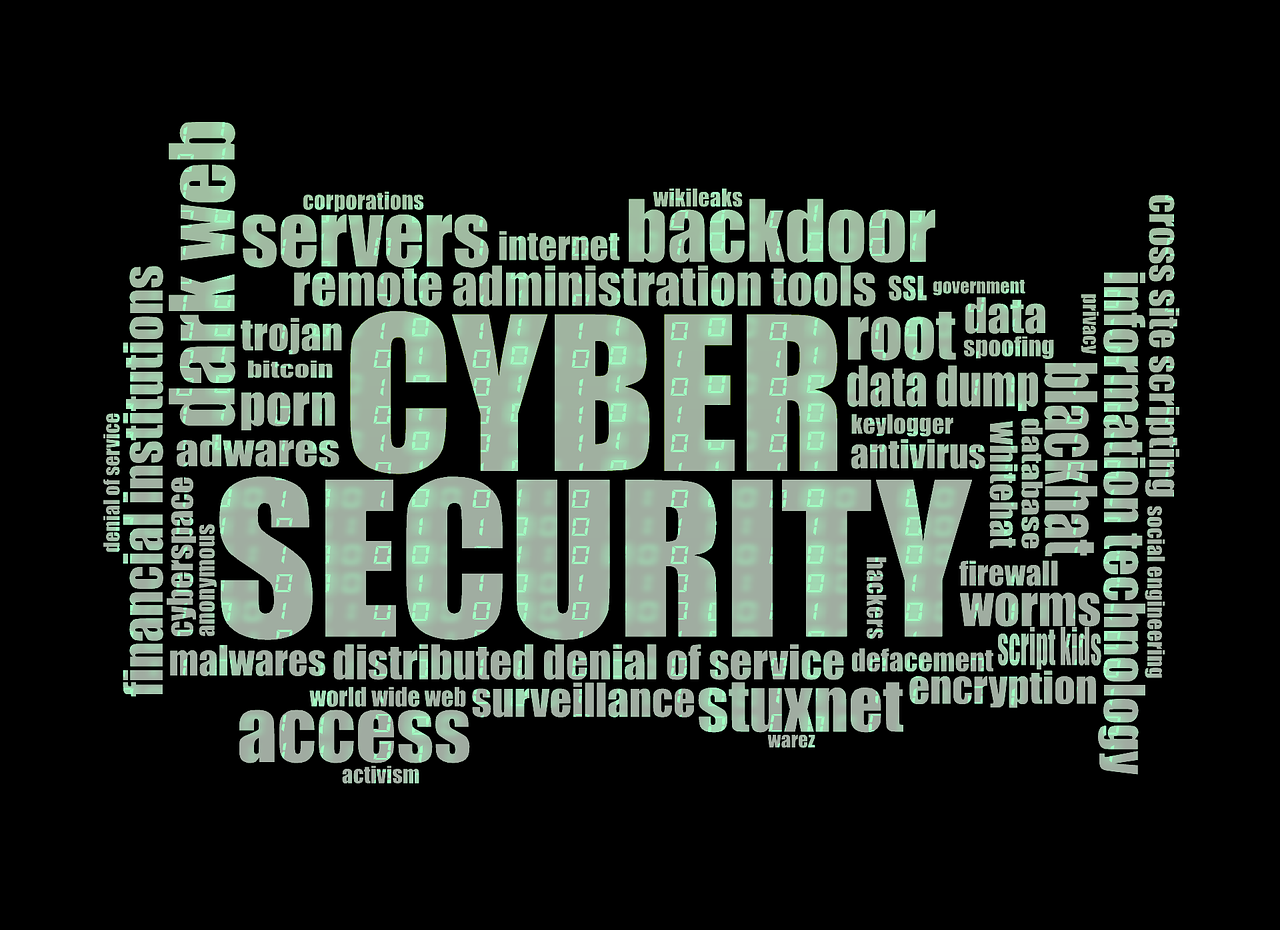
Global events, such as recessions and pandemics, create enormous social and economic challenges that impact organizations and their management. From employee and customer satisfaction to financial difficulties, supply chain disruption and skyrocketing cyberattacks, top-level management oversees a wide range of concerns.
As business owners aim to address multiple challenges that may be a threat to their organizations’ success, resilience is a trending buzzword. Organizational resilience is an organization's ability to foresee, plan for, respond to and adapt to gradual change and unexpected disruptions to survive and thrive.
Even during the most recent COVID-19 pandemic, organizations that already practiced methods to cultivate resilience through remote/hybrid work, digital acceleration and more, showed that they can quickly recover from setbacks and have an advantage over competitors.
If you want to prioritize resiliency within your own business, one of the first steps you should take is building cyber resilience. Cyber resilience refers to an organization's ability to consistently deliver the desired outcome in the face of adverse cyber events.
Cyber Resilience Powers Transformation
According to Forrester, cyber resilience is more than just a security imperative. It’s the foundation of a strong business and brand. This is one of the reasons why over 65% of organizations are investing in improving their cyber resiliency posture.1 Businesses across the globe have begun to realize that it’s time to look inward and identify and close security gaps to build a more resilient future.
While establishing cyber resilience, consider the following:
1. You must deploy tools to detect, evaluate and handle network and information system risks, including those that affect your supply chain.
2. It’s critical to identify irregularities and potential cybersecurity issues through continuous network and information system monitoring before they morph into severe threats.
3. Implementing an incident response strategy is crucial to ensure operational continuity where you can bounce back quickly even if you are the victim of a cyberattack.
4. Always ensure that your cyber resilience strategy is overseen by top management and integrated into day-to-day operations.
Companies that invested in cyber resilience expected to get the following results:
- Increased secure collaboration within the organization
- Better preparedness, response and/or remediation skills in the event of a security incident
- Improved integration of people, processes and technology
How to Improve Your Cyber Resilience
Employee training
Providing continual security awareness training to your employees enables them to identify threats and vulnerabilities. It enhances employees' defensive abilities and prepares them to effectively deal with a crisis.
Stay current with technological advances and the threat landscape
It's crucial to keep up with the latest technology developments and threats. If you have no understanding of what you're up against, you can’t protect your business.
Reset your security systems
Regularly audit your digital and physical systems to identify vulnerabilities. Set the critical systems to their best available configurations to prevent unauthorized access.
Adopt advanced technologies
Legacy technologies may be ineffective in dealing with today's challenges. As a result, having the most up-to-date and effective technologies and tools to secure your organization is critical.
Partner with an MSP
Resiliency is no longer a choice but a necessity. However, it requires a significant amount of time, effort and expertise. It’s always best to collaborate with an expert partner like us who can handle all resiliency and technology matters for you.
If you’re ready to take the first step towards building cyber resiliency in your organization but aren’t sure where to start, contact us to schedule a no-obligation consultation.
Sources:
Cyber Resilience Study
Darryl Cresswell
CEO & President
MYDWARE IT Solutions Inc.




